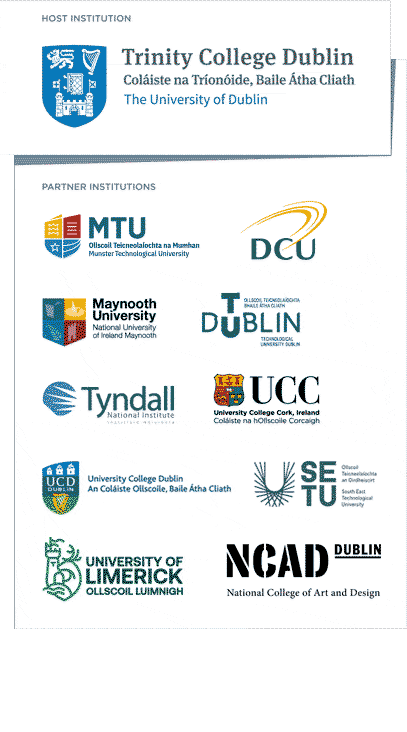Dr Shantanu Mehta is a Postdoctoral Researcher at CONNECT in the University of Limerick.
How did you get to this point in your life?
I was always curious about various electronic gadgets around me. I wanted to understand deeply how circuits within these gadgets worked. Therefore, I chose electronics engineering as a career to learn more about circuits. After completion of my Master’s, I was looking for an opportunity that would allow me to work on R&D based projects in collaboration with industry. Based on my Master’s thesis outputs I got a PhD offer to work for CSRC research centre lead by Dr Brendan Mullane from the University of Limerick. Recently, I have completed my PhD and I am working as a Postdoctoral Researcher now in the University of Limerick. I would say if you constantly strive for what you want to achieve in your life, one day you will get that in your life.
Is there anything about your life journey that you didn’t expect?
After completion of my Master’s in VLSI design, I wanted to pursue a career in analog/mixed-signal design domain in India as either a researcher or an employee in the industry. I did not expect that I would get an opportunity outside India as a researcher to achieve my career goals.
Is there any moment along the way that taught you a valuable life lesson?
During my doctoral studies, there was a phase when I felt like I am stuck in one place and not moving forward. I would say patience, perseverance and the strong belief are the three important things that helped me to overcome these situations.
How would you explain your research to someone who has no idea about your discipline?
This is simple. Just think about the electronic gadgets people use in their day-to-day life, for example; mobile phones, laptops, high-definition television (HDTV), and Wi-Fi routers, etc. In these devices, microchips are used to carry out functions such as the conversion of an analog signal to its digital form, and the conversion of digital bits back to the analog signal. To perform this signal conversion, circuit blocks such as analog-to-digital converter (ADC) and digital-to-analog converter (DAC) are used. My research is based on enhancing the performance parameters such as speed, linearity, power and area of the DAC, which is used in numerous applications as mentioned above.
What do you enjoy most about your work?
I enjoy analysing and understanding analog circuits. The most fascinating thing is that the microchips that involve analog circuits designed by us go into electronic gadgets, which are used in day-to-day life.
What is the most challenging element of your work?
The analog/mixed-signal circuit design domain itself is very challenging. Moreover, improving the performance of the analog blocks with respect to advanced complementary-metal-oxide-semiconductor (CMOS) technology and increased signal/sampling frequencies is critical.
What do you think could be the next defining trend in technology?
I would say artificial intelligence (AI) and machine learning (ML) technology would dominate over the next decade. The increasing ability of machines to learn and act intelligently will transform our world. Furthermore, the internet of things (IoT) which refers to the ever-growing number of “smart” devices and objects that are connected to the internet. Such devices are constantly gathering and transmitting data, further fuelling the growth in Big Data and AI.
Is there a personal experience that changed how you saw the world?
One thing I have learnt while pursuing doctoral studies here at the University of Limerick is that a lot of focus is given on the practical implementation of any research idea rather than just theoretical knowledge. This has changed my way of thinking about research activity.
Finally, what piece of life advice would you give to someone interested in a STEM career?
I think that there is a huge scope to pursue a career in STEM fields and the types of jobs found in these fields are diverse. The one piece of advice I would like to give someone interested in making their career in STEM is to identify the domain you are interested in and try to achieve expertise in that particular domain. Always be patient, focussed and determined in pursuing your goals. Further, if you would like to pursue a career in STEM, I would suggest Ireland is the best option.
CONNECT is the world leading Science Foundation Ireland Research Centre for Future Networks and Communications. CONNECT is funded under the Science Foundation Ireland Research Centres Programme and is co-funded under the European Regional Development Fund. We engage with over 35 companies including large multinationals, SMEs and start-ups. CONNECT brings together world-class expertise from ten Irish academic institutes to create a one-stop-shop for telecommunications research, development and innovation.
Humans of CONNECT


